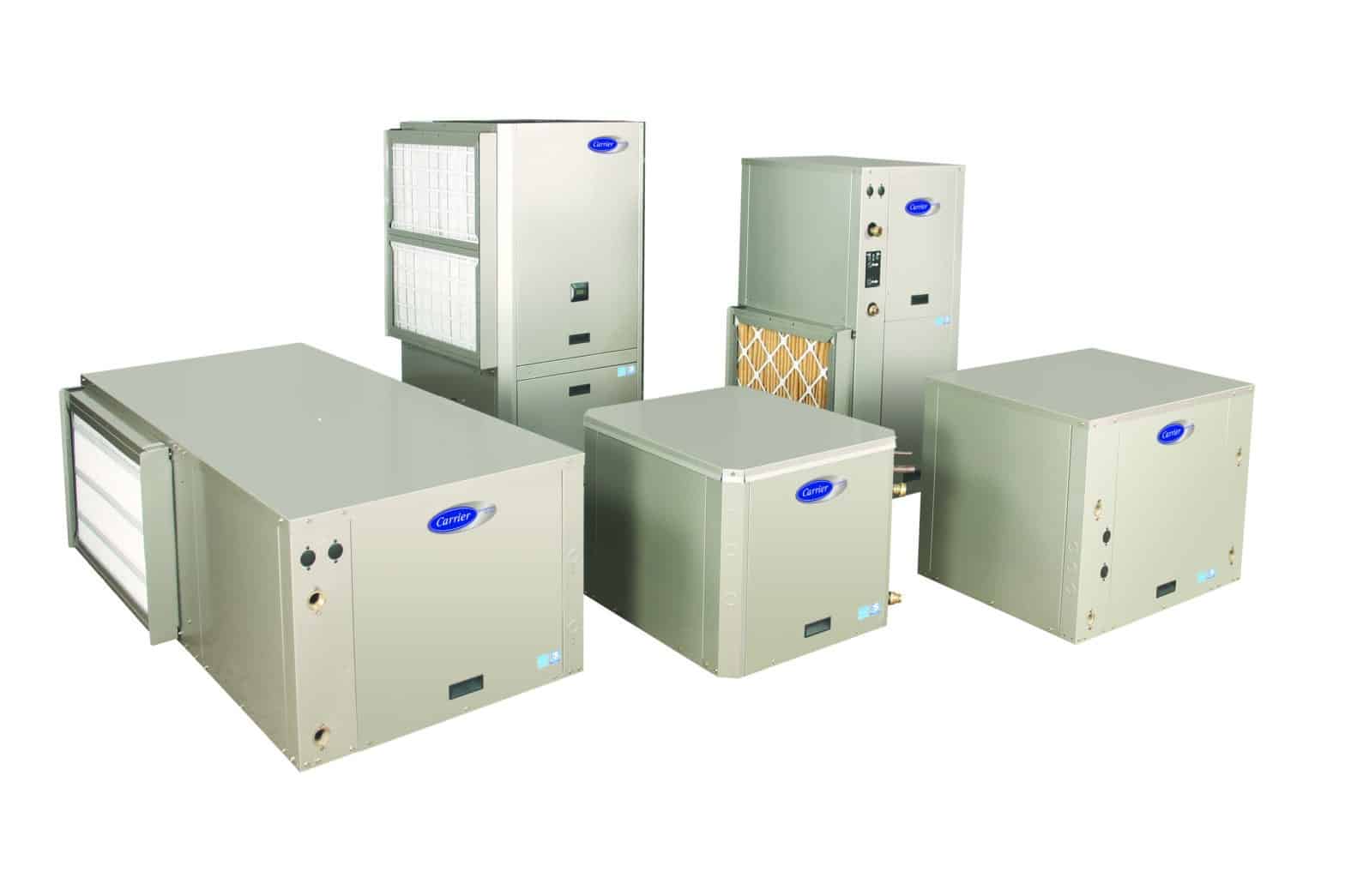Most people can’t tell you much about their AC or heater except whether it’s working. You likely
suspected that not all Charleston, SC, home heating and cooling systems are identical. Still,
most people don’t realize just how many options there are to choose from if you install an HVAC
system into a new house or fully replace an old heating/cooling system.
In the HVAC business, we don’t always install the same unit and features in every house. There
are five different types of HVAC models for heating and cooling homes to choose from.
1. Furnace & Air Conditioner
2. Heat Pump
3. Furnace & Heat Pump
4. Ductless Mini-Split
5. Geothermal Heat Pump
These five types of HVAC systems make up most of what is installed in most homes and
commercial buildings. Let’s dive into how they work and why you might choose each system for
your Charleston, SC property HVAC installation.
1. Furnace & Air Conditioner
The traditional combination of the furnace and air conditioner is utilized the most in heating and
cooling homes in the United States. This combination works by drawing in air from the home’s
interior and distributing the conditioned air through ductwork. Through process (also called
“forced air”), the home can be heated or cooled throughout.
Furnaces can run on propane, oil, natural gas, or electricity, while air conditioners primarily run
on electricity.
2. Heat Pump
Air-source heat pumps make up the country’s fastest-growing segment of the residential HVAC
market. An electric heat pump is a more efficient option than an electric furnace in the event
electricity is the only energy source available. The heat pump moves heat instead of generating
energy from a combustible fuel source. This process allows for the most efficient performance,
especially with moderate temperatures. Heat pumps also work in reverse, providing central air
conditioning during the year’s hottest months.
3. Furnace & Heat Pump
A furnace and heat pump combination is a hybrid, dual-fuel heating system. During mild
weather, the heat pump keeps your home comfortable while producing low heating bills. As the
temperature moves toward freezing, the gas-fired furnace provides supplemental heat,
preventing resorting to the less efficient electric resistance heater that typically serves as the
backup heating source.
4. Ductless Mini-Split
Ductless mini-splits have become more popular over the years. This system is a type of heat
pump that can provide heating and cooling all year. Units that are wall-mounted inside of your
home have a built-in air handler. Because of its effectiveness and composition, this eliminates
the need for any ductwork.
Outdoor units can connect to multiple indoor air handlers for whole-home comfort. Mini-splits
can also maintain a comfortable temperature in a single room or home add-on.
5. Geothermal Heat Pump
Last and perhaps the coolest possible of HVAC systems is also – understandably – the rarest.
Geothermal means taking heat from the earth itself. These heat pumps are the most energy-efficient, environmentally friendly HVAC system available. Like air-source heat pumps, the system is designed to move heat rather than generate it from an energy source.
This works by transferring heat back and forth from the ground rather than from the air outside.
The most significant selling point for geothermal HVAC is that it requires the least external
power requirements like fuel or electricity.
Installation requires the review of local zoning ordinances and state and federal laws before
execution. This will involve burying a loop of pipes in the surrounding property.
Which HVAC system is the right choice for your new home, replaced system, or business
property? Contact us today for HVAC installation services your Charleston, SC property needs









Excellent! Please Rate us 5-stars
...and leave a helpful review.
Would you recommend Morelli Heating and Air?